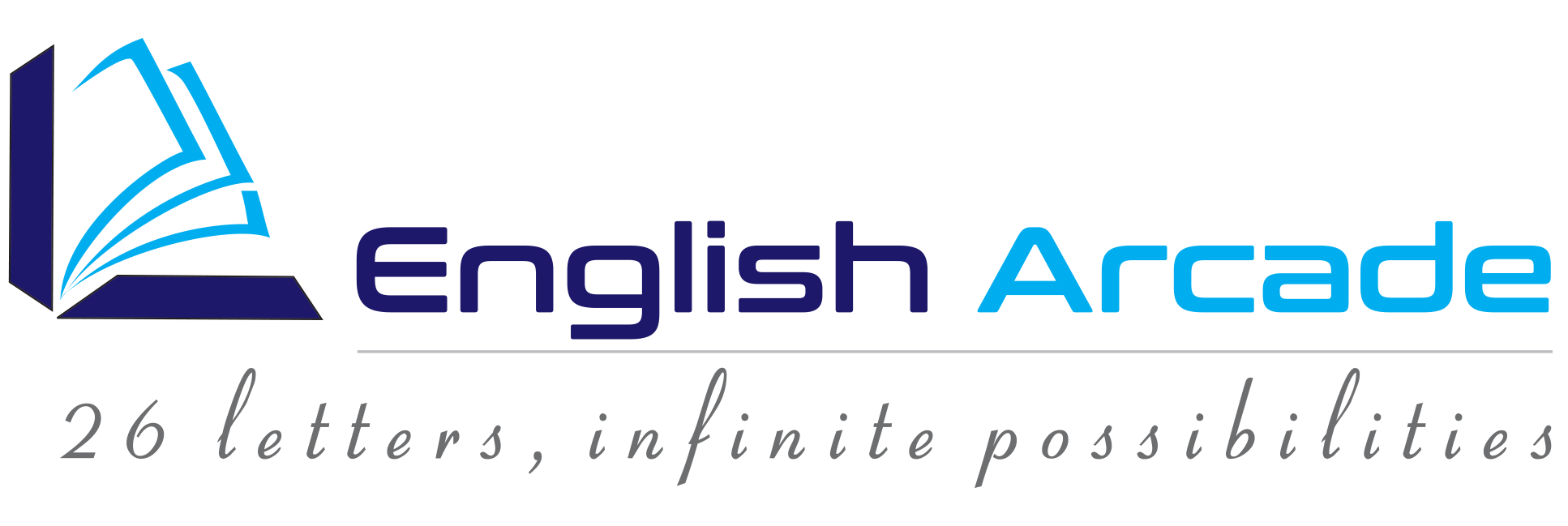How Soft Skills Can Help Develop Your Employees Performance In 2024
There is a strong correlation between employees’ soft skills and improved performance. Soft skills play a crucial role in how employees interact with their co-workers, handle challenges, and contribute to the overall success of the organization. Here are some ways in which soft skills can impact performance: 1. Communication: Basic soft skills such as active listening, empathy and clarity in communication help employees understand their tasks better and collaborate effectively with team members. Clear communication also reduces the scope of errors occurring, misunderstandings and conflicts. 2. Teamwork: Soft skills such as collaboration, empathy, adaptability, conflict management / resolution and flexibility are essential for a team to operate effectively. Employees who possess these skills contribute positively to team dynamics, leading to improved productivity and morale. 3. Leadership: Soft skills like decision-making, problem-solving and motivation are crucial for effective leadership. Seasoned leaders who possess these skills not only inspire and guide their team members to achieve their goals, but also ensure that these achievements are continuous and consistent. Leadership skills are not just important for managers; they are also valuable for individual contributors. 4. Adaptability: Soft skills such as adaptability and resilience are highly essential for navigating changes and challenges in the workplace. Employees who can readily adapt to new situations and learn from previous setbacks are more likely to succeed, not just in their specific roles, but in their careers too. 5. Creativity: Soft skills like creativity and innovation are extremely valuable as they help in generating new ideas and approaches to tasks. Employees who possess these skills can help their teams find effective as well as innovative solutions to problems and improve overall performance of the organization as a whole. 6. Emotional Intelligence: Soft skills like self-awareness, self-regulation and empathy are key components when it comes to emotional intelligence. Employees who are emotionally intelligent tend to manage their emotions effectively, handle stress levels better, understand the emotions of others and build strong relationships with colleagues. 7. Customer Service: Soft skills such as empathy, patience, and communication are essential for delivering exceptional customer service. Employees who can connect with customers, understand their needs, and address their concerns are more likely to create positive experiences and build customer loyalty. Strategies to Develop Soft Skills: Developing employees’ soft skills can significantly enhance their performance and contribute to overall organizational success. Here are some strategies to develop soft skills: 1. Training and Workshops: Provide training sessions and workshops that are primarily focused on soft skills such as communication, teamwork, problem-solving, and emotional intelligence. These sessions can help employees understand the importance of soft skills and provide them with practical strategies to improve their performance. 2. Mentorship and Coaching: Pair employees with mentors or coaches who can provide guidance and feedback on developing soft skills. Mentorship programs can help employees learn from experienced professionals and apply their knowledge in real-world scenarios. It also allows them to immediately address any queries they may have. 3. Feedback and Performance Reviews: Regular feedback and performance reviews can help employees identify areas for improvement in their soft skills. Leaders should provide timely and constructive feedback, along with specific examples, to help employees understand how they can enhance their performance. 4. Role-Playing and Simulations: Use role-playing exercises and simulations to help employees practice and improve their soft skills in a safe / controlled environment. These exercises can simulate real-world scenarios and help employees develop their skills through hands-on experience. 5. Encourage Continuous Learning: Encourage employees to develop a continuous learning approach and grab any opportunity to develop their soft skills. This could include attending seminars, reading books, or taking certified online courses related to communication, leadership, or other relevant soft skills. 6. Lead by Example: Most importantly, leaders and managers should demonstrate strong soft skills in their interactions with employees. Leading by example is the simplest and most effective way to inspire employees to develop and improve their own soft skills. Overall, employees’ soft skills can have a profound impact on their individual performance and the success of the organization as a whole. By investing in the development of employees’ soft skills, organizations can improve employee performance, enhance teamwork and collaboration, and ultimately achieve better business outcomes.
How Soft Skills Can Help Develop Your Employees Performance In 2024 Read More »



